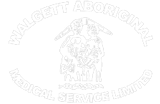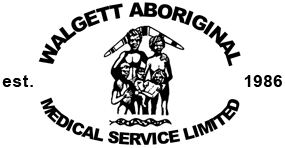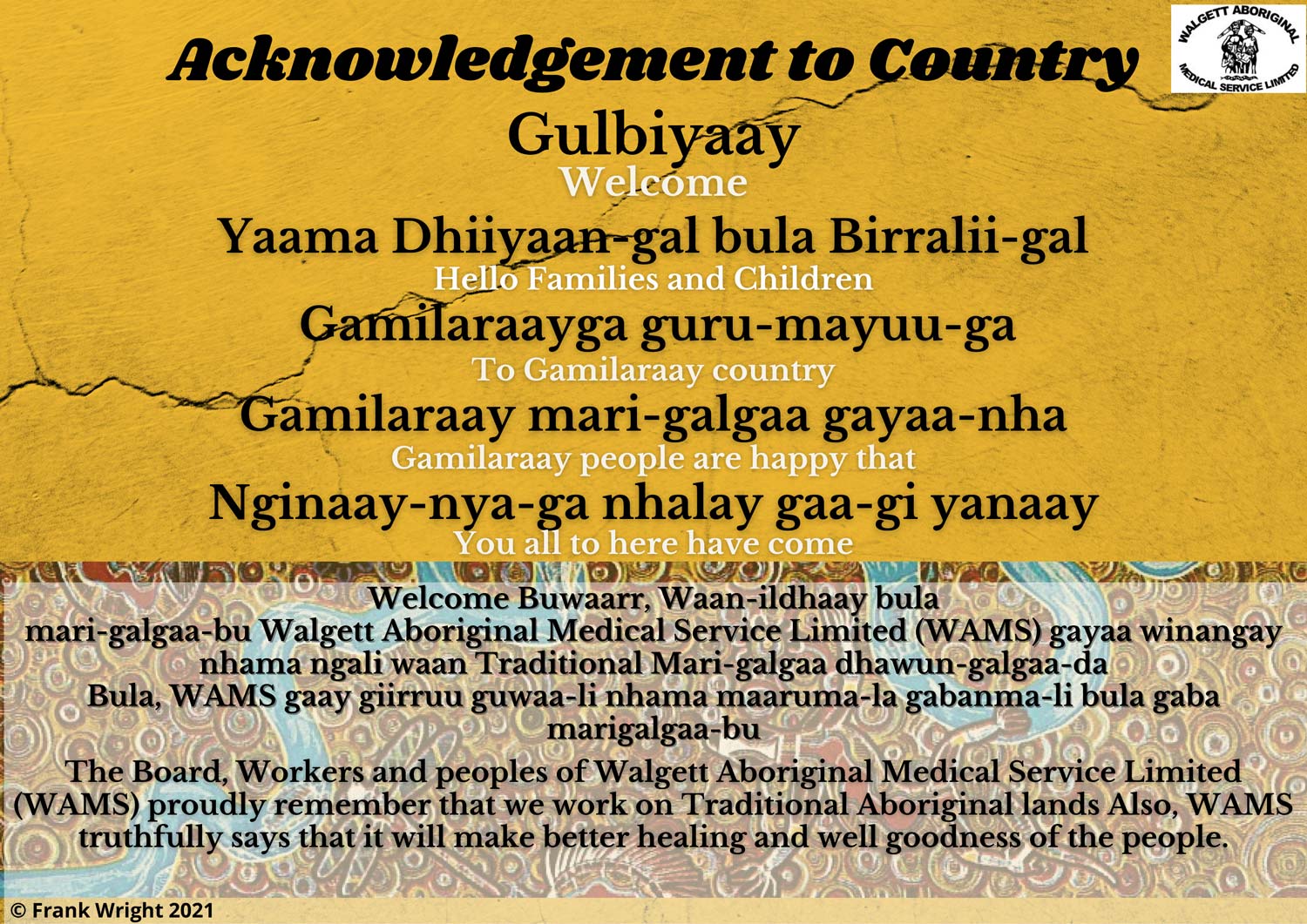About Walgett
Walgett is located 648kms from Sydney and 289kms from Dubbo.
Local driving - Walgett is 133kms to Brewarrina, 105kms to Pilliga, 134kms to Goodooga and 72kms to Lightning Ridge.
Walgett – Our Story
Walgett “Where Two Rivers Meet” is located at the junction of the Barwon & Namoi Rivers. The Shire covers 22,000 square kilometres and includes the towns of Burren Junction, Carinda, Collarenebri, Come by Chance, Cumborah and Lightning Ridge. As of 2016 census, Walgett Shire had a population of 2,145 but is now estimated at 1,700. The town was proclaimed on 20 March 1885 and is home to the Gamilaroi, Yuwaalaraay, Waiylwon and Ngemba Nations and is steeped in indigenous culture and heritage. Baiame, the Aboriginal creator of God, was born here between Lightning Ridge and the Narran Lake.
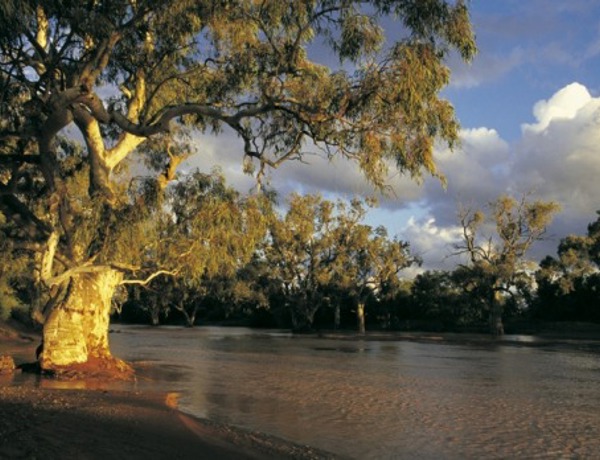
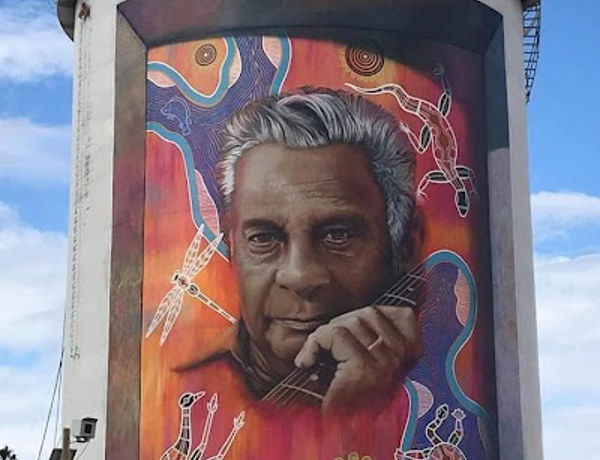
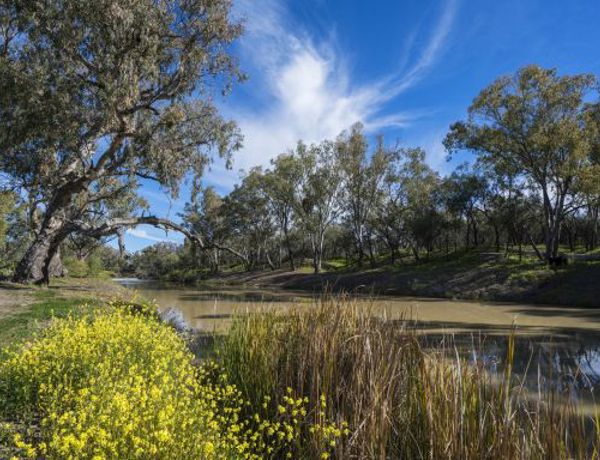
We are:
The gateway to the Opal Fields of Grawin, Glengarry & Sheepyards and the only Black Opal Mine in the world.
The first town to have a permanent levee bank in Australia.
One of the towns visited on the historic “Freedom Ride” in 1965.
A proud Farming Community with over 1.5 million hectares of land producing crops of barley, canola, cotton, chickpea and wheat as well as beef and sheep production.
We are also home to:
National Treasure and musician, Jimmy Little.
The Northern International flight beacon.
The invention of the world’s first successful shearing machine.
The oldest Coolibah Tree in town which has been here since before the original post office was established in 1851 and still stands proud today.
The Two-mile Creek Underbridge, one of only three timber Howe through trusses still existing in NSW.

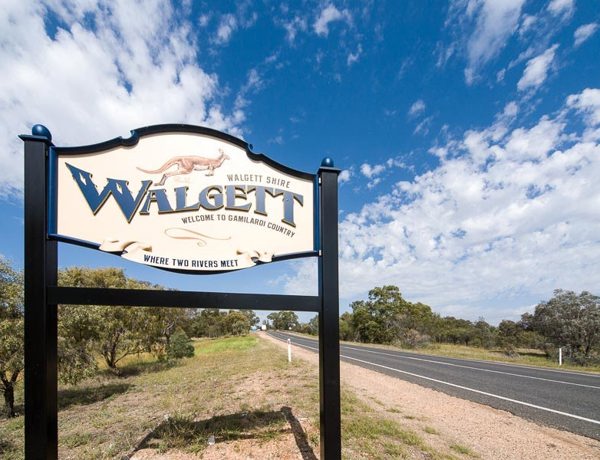
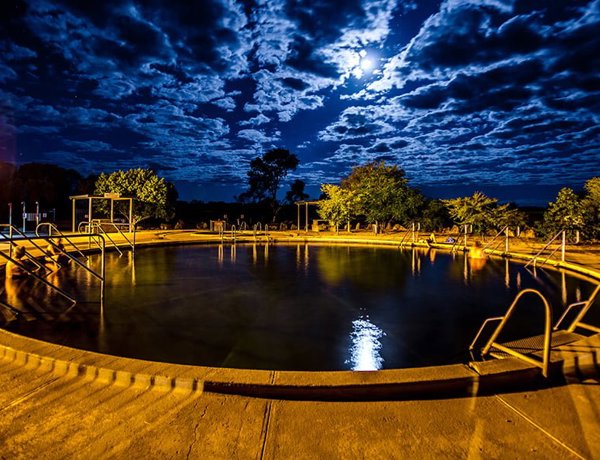
Things to Do!
- Artesian Bore Baths – Walgett, Lightning Ridge and Burren Junction.
- Brewarrina Aboriginal Fish Traps – a 40,000 year old heritage listed site.
- Carinda - The Carinda Hotel is famous for “that David Bowie video, Let’s Dance” and the annual David Bowie Tribute Festival - “Let’s Dance Carinda”.
- Grawin, Glengarry Sheepyards - meet the locals & miners at one of three unique bush pubs.
- Lightning Ridge – home of the Black Opal and made famous for the show “Outback Opal Hunters” includes
- Outback Opal Tours
- Easter Festival (PJ O’Brien Memorial Horse Race Day)
- Opal Festival
- Walk-In Mine
- Chamber of the Black Hands
- John Murray Art Gallery
- Macquarie Marshes Nature Reserve and State Conservation Area
- Pilliga National Park
- 4WD Tours, Farm Tours & Scenic Flights
- The Warrumbungles
- Walking Trails, birdwatching, wildlife, camping and fishing
- Walgett Silos – Largest silos in the southern hemisphere!!
A great place to live and work!
- Clean, Fresh Air
- Natural Wonders and Beauty (can’t beat an outback sunrise/sunset)
- Beautiful night skies
- Wildlife at your doorstep
- Fishing and camping (without the crowds)
- No traffic, traffic jams or road rage (we only have 1 roundabout in Walgett!)
- Five minutes to get to work… how good is that?
- Social Events are BIG… everybody goes!
- Friendships are STRONG!
- Everyone knows each other and always ready to help at the drop of a hat!
- Friends ARE Family… We look out for each other!
